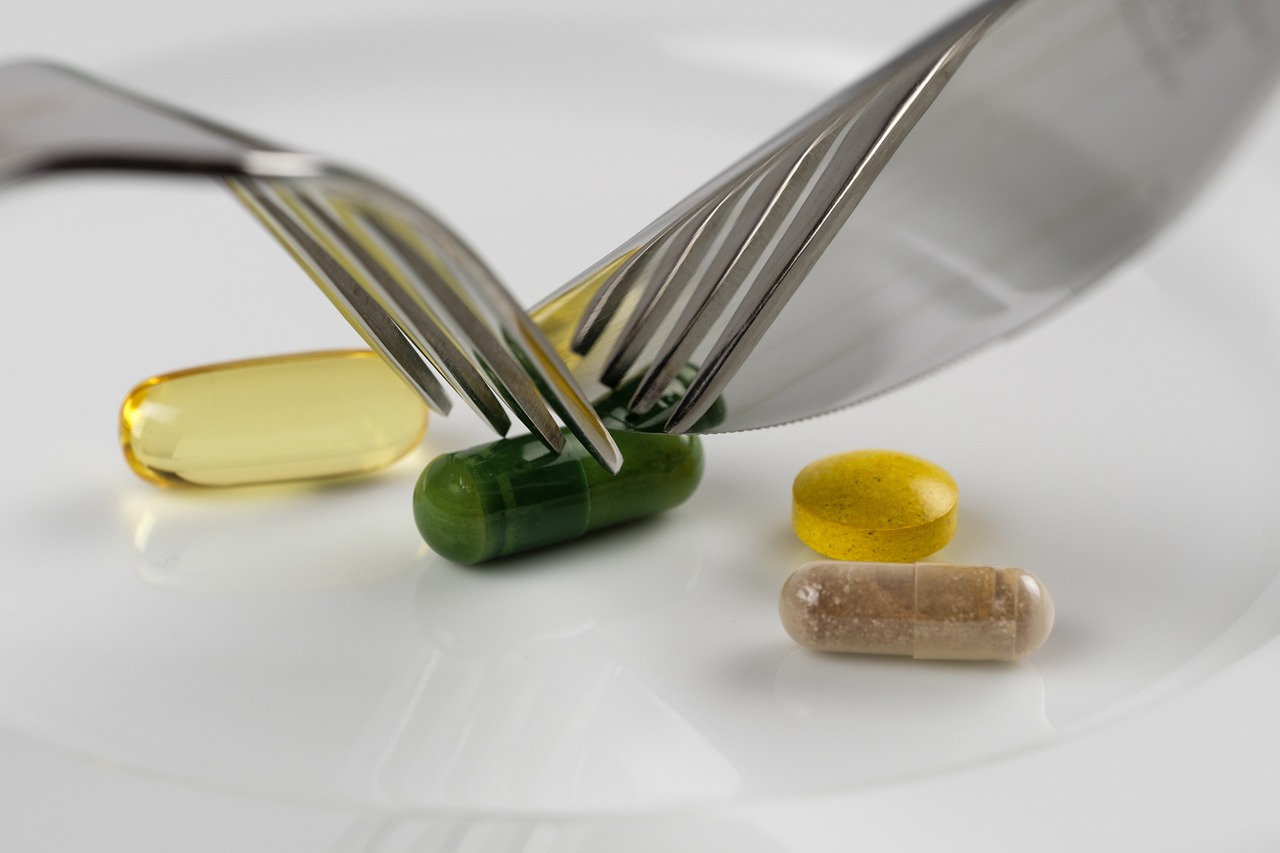Table of Contents
“Unlocking the Power of Vitamin K: 10 Compelling Reasons to Make It a Health Priority”
Vitamin K: An Introduction
In the vast realm of vitamins, there’s one often overlooked gem that deserves the spotlight: Vitamin K. It’s not as famous as Vitamin C or D, but its role in maintaining overall health and well-being is nothing short of remarkable. In this article, we will delve into the world of Vitamin K, highlighting 10 compelling reasons why you should make it an essential part of your daily nutrition.
1. Stronger Bones
Vitamin K is a key player in bone health. It works alongside calcium to build and maintain strong bones, reducing the risk of fractures and osteoporosis.
2. Heart Health
Adequate Vitamin K intake has been linked to a reduced risk of heart disease. It helps prevent calcium buildup in the arteries, keeping them clear and flexible.
3. Improved Blood Clotting
One of Vitamin K’s primary roles is in blood clotting. It aids in the formation of blood clots to prevent excessive bleeding when you’re injured.
4. Anti-Inflammatory Properties
Vitamin K possesses anti-inflammatory properties, which can help alleviate symptoms of inflammatory conditions like arthritis.
5. Brain Health
Emerging research suggests that Vitamin K may support cognitive function and protect against conditions like dementia.
6. Skin Health
It aids in the production of a protein called elastin, contributing to skin elasticity and helping to reduce the appearance of wrinkles.
7. Cancer Prevention
Some studies indicate that Vitamin K might help reduce the risk of certain cancers, such as liver and prostate cancer.
8. Optimal Kidney Function
Vitamin K plays a role in kidney health by reducing the risk of calcium deposits in the kidneys.
9. Immune System Support
A well-balanced intake of Vitamin K is crucial for a robust immune system, helping your body fight off infections.
10. Hormonal Balance
Vitamin K may help regulate hormones in the body, contributing to better hormonal balance and overall well-being.
Incorporating Vitamin K in Diet
Incorporating Vitamin K into your diet is easier than you might think. Leafy greens like kale and spinach, broccoli, Brussels sprouts, and cabbage are excellent natural sources. Additionally, you can opt for supplements if your diet falls short of providing sufficient Vitamin K.

Remember, while Vitamin K offers a multitude of benefits, it’s essential to consult with a healthcare professional to determine the right dosage and approach that suits your individual health needs. So, embrace the power of Vitamin K and let it become a vital part of your journey to a healthier, more vibrant you.
Conclusion
Vitamin K, often overshadowed by its more renowned vitamin counterparts, is a true health champion with a host of remarkable benefits. As we’ve explored the ‘why’ behind incorporating Vitamin K into your daily nutrition, it’s evident that this vitamin plays a vital role in multiple aspects of your well-being. From fortifying your bones and safeguarding your heart to supporting cognitive function and reducing inflammation, its contributions to your health are undeniable.
To unlock the full potential of Vitamin K, consider adding vitamin-rich foods like leafy greens and cruciferous vegetables to your diet. And if needed, consult with a healthcare professional to ensure you’re meeting your individual nutritional requirements.
In your quest for better health, don’t overlook the power of Vitamin K. By making it an integral part of your daily routine, you’re taking a significant step toward a healthier and more vibrant life. Adding Vitamin Supplements in your diet is also important as every vitamin is crucial for our proper bodily functions. Vitamin C, Vitamin K and Vitamin D are the main vitamins included in the category of more important ones but if you are not having enough vitamins in your diet , you can also take vitamin supplements in your diet.






